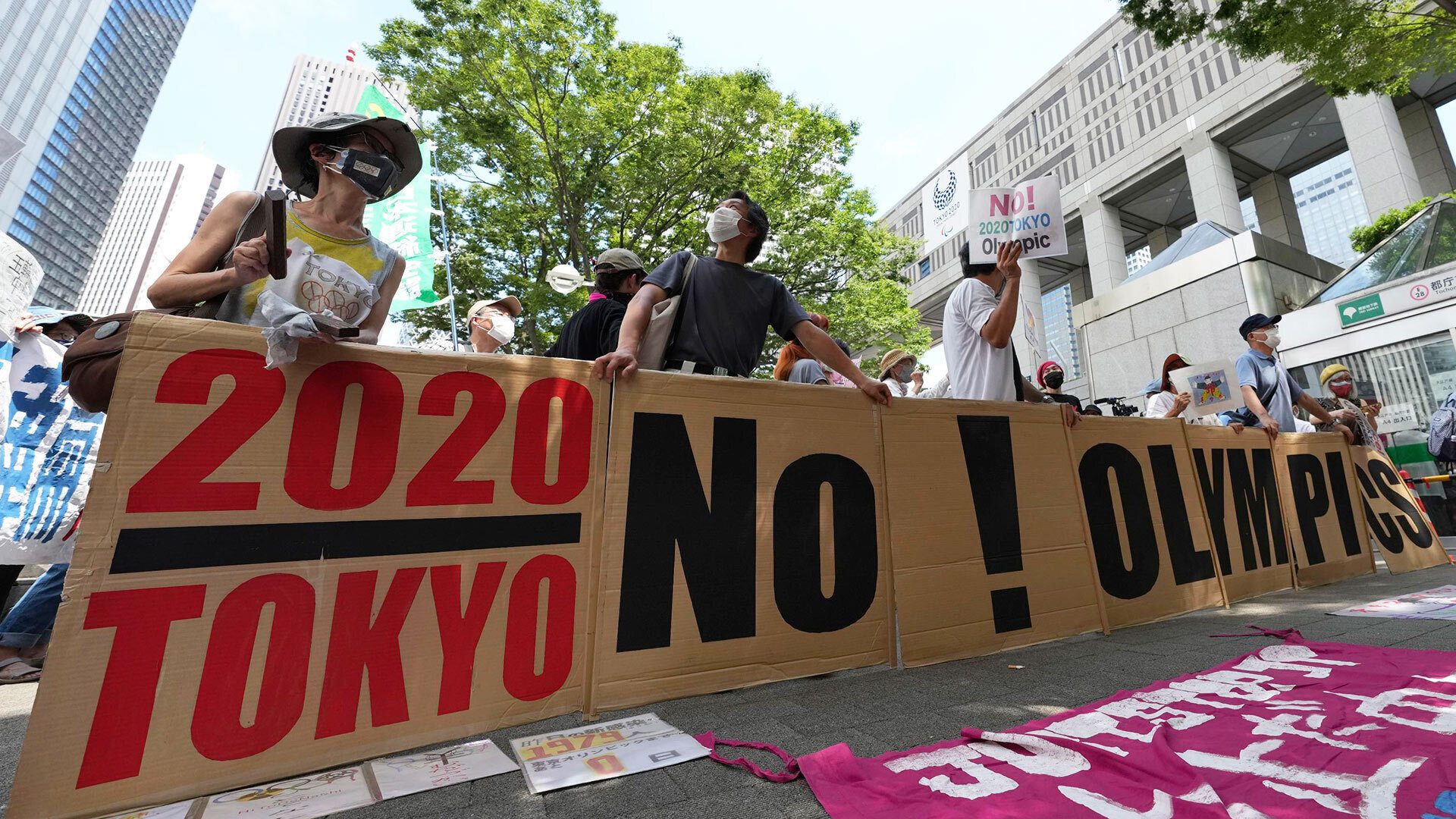- August 04, 2021
- By Pablo Suarez
A Summer Olympics held in the shadow of a resurgent pandemic has strained the structures of international sport, burdened its host country and even thrown a wrench into one of the most reliable features of the games: Olympic-based marketing.
Embracing the unexpected has been the recurring theme for 2020 Summer Games (starting with the fact this isn’t even 2020), forcing marketers to be nimble and adjust their promotional campaigns accordingly, says Maryland Smith’s Henry C. Boyd III.
“Everyone wants each Olympic Games to be the best yet, and for the International Olympic Committee (IOC), it seeks the most viewership possible. The sponsors, themselves, meanwhile, are under pressure to strike the right tone,” said Boyd, clinical professor of marketing at the University of Maryland’s Robert H. Smith School of Business. “In these Olympic Games, we’ve also seen that pressure manifest itself in many ways, reaching even some of the most elite athletes like Simone Biles.”
The postponement avoided what would have been the fourth complete cancellation of the Games; World Wars I and II made for easy calls in 1916, 1940 and 1944, while the 2020 Games in Tokyo have been plagued both by COVID-19 itself—as of Monday, at least 276 people connected to the Olympics had tested positive, including dozens of athletes—and beset by uncertainty.
Tourists and spectators were barred from Olympic events, but COVID-19 case counts have grown along with dissent from the Japanese public, many of whom have opposed continuing with the Olympics. Tokyo announced a daily record of 4,058 new infections on Saturday, followed by more than 2,000 new cases Monday.
The backlash has taken a toll on major sponsors like Toyota, Boyd said. The automaker recently announced its decision to cease domestic advertising, given the public sentiment within Japan, but said it would continue airing ads in other markets.
“To just get through these Olympic Games will be an accomplishment for everyone involved,” said Boyd. “It’s no easy undertaking by any stretch and to see sponsors like Toyota pull ads in that fashion and disassociate to an extent is certainly not a great sign.”
Brands that opted for more athlete-centric marketing campaigns have also been kept on their toes, Boyd said. Nike, which presented a video series about Black pregnancy hosted by former Olympian Sanya Richards-Ross, faced harsh reactions from fans of U.S. track and field star Allyson Felix, who said Nike failed to extend maternal protections to her while renegotiating her sponsorship contract with the global shoe giant. (Now Felix, who has spoken candidly about her endangered pregnancy and balancing motherhood and athletic competition, has launched her own footwear brand for women, Saysh, which debuted in the run-up to the Tokyo Games.)
One important perspective that both fans and brands have gained this year is the understanding of the sheer amount of weight and pressure athletes like Biles face, he says.
“Hearing that the face of gymnastics is pulling out of competition must have been a gut punch to the networks,” said Boyd. “The timing from the outside seems particularly harsh, but that’s the nature of sports and it will have an effect on viewership. It’s up to the marketers to figure out how to take things from here.
“I suspect that savvy marketers will create new narratives which applaud mental toughness and the ability to overcome a disappointing loss,” he said.
Case in point: Katie Ledecky, an odds-on favorite, got silver in the 400-meter freestyle and placed fifth in the 200-meter freestyle, but then rallied to win gold in the 1500-meter freestyle. The comeback is a timeless narrative that brands can easily rally around, said Boyd.
It’s paramount, he said, for Olympic athletes to leverage their moment in the spotlight, especially for those whose sports peak in popularity during the Games. Yet with the intensity borne from the interplay of social media, interviews and endorsements, there must be a balance so that athletes and brands both prosper.
“These athletes have currency during this specific moment in time and they have to take advantage of it while they can,” says Boyd. “While the 2020 Olympic Games are still in full swing, I think that in their aftermath we will have learned how better to deal with the stress and pressure confronted by athletes.”
